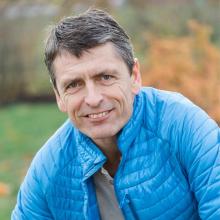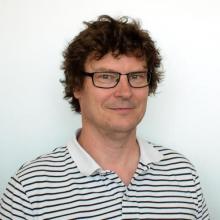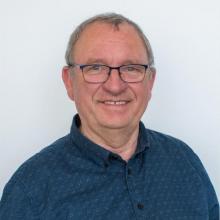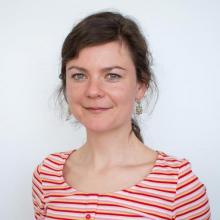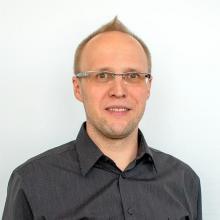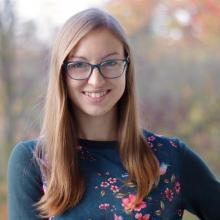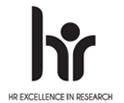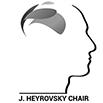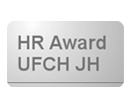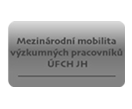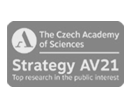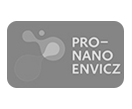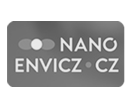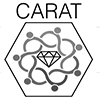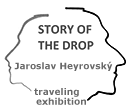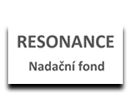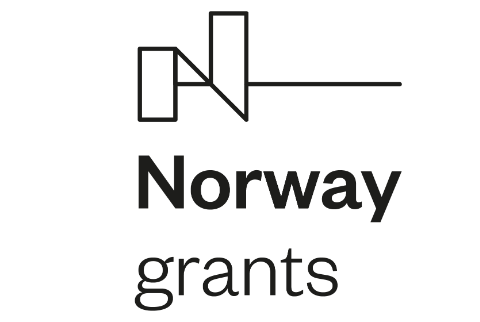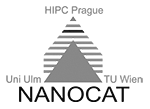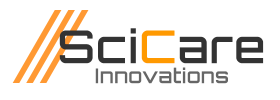Mentoring
Mentoring is a way to share experience and advice with early-stage researchers to help them find their potential and become successful in the academic or application sector. The goal of mentoring is to support young people at the beginning of their scientific career in their development to become experts.
Join our mentoring program as a mentee or mentor. Read our Mentoring Guide and contact us by email at mentoring jh-inst.cas.cz (mentoring[at]jh-inst[dot]cas[dot]cz).
jh-inst.cas.cz (mentoring[at]jh-inst[dot]cas[dot]cz).
If you are unsure which mentor to choose, we will help you with the selection. You can also take a look at our list of mentors.
Introduction of mentors
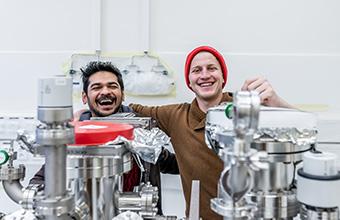
I received my Ph.D. in 1995 from the Faculty of Mathematics and Physics, Charles University, Prague. From 1995 until 2005, I worked at various postdoc positions abroad in Germany and USA, e.g., Alexander von Humboldt Fellowship at the MPI für Strömungsforschung, in Göttingen, Germany, Joint Institute for Laboratory Astrophysics and Colorado University (JILA) at Boulder, USA, and Institut für Physikalische Chemie, GA Universität Göttingen. In 2005 I’ve returned to the J. Heyrovský Institute of physical chemistry of the CAS, where I’ve founded a new laboratory, which grew over in the meantime to the current Department of Molecular and Cluster Dynamics. My main expertise is in experimental chemical physics, specializing in molecular beams, clusters, mass spectrometry, laser spectroscopy etc. Our experiments are relevant to many areas such as atmospheric chemistry and astrochemistry, however, our major pursuit is fundamental science and understanding of elementary processes in the nature.
Marek Cebecauer, 51, biochemist by degree, master thesis in virology (Commenius University, Bratislava), PhD thesis in immunology (Charles’ University, Prague), almost 10 years abroad (mainly cancer research in Switzerland and advanced microscopy in the UK). Currently, my lab is doing physical biology. What’s that? Well, this is doing biology and biochemistry without ignoring physics and its principles 😊. Space and time are as important as pH, ion concetration or the presence of enzymes accelerating reactions in living organisms. I have supervised 5 PhD students, 4 master students and several Bc and pre-university students. Married, 2 children. Hobbies: bass guitar, mountain hiking, woodcraft, …
Jiří Ludvík, 68, molecular electrochemistry, coordination chemistry. Since 1977 employment in the J. Heyrovský Inst., since 1990 lectures (Electrochemistry) in Prague University of Chemistry and Technology (VŠCHT). More than 50 students from high school, Bc, MSc, PhD. Married for 41 years, 4 adult children, 9 grandchildren. Music and sports passively as well as actively.
I am a computational chemist currently doing molecular modelling of enzymes, I also have a long term interest in atmospheric chemistry. I started working at the JH Institute in autumn 2016 after a 2-year postdoctoral stay in Paris. I like interaction with high-school students within the programs “Open Science” and Chemistry Olympiade. My hobbies are running, cross-country skiing and my two little children.
Lukasz Cwiklik (he/him), 44 years old, married, one child (7 yo). I have created and am leading a research group studying biological interfaces such as lung surfactant, tear film, surfaces of implants. We investigate how they work, how they behave during disease, and how they interact with drugs. My research is interdisciplinary (physical chemistry, biophysics, molecular biology, pharmacology); we use experimental and computational methods and actively collaborate with various groups worldwide, including industrial partners. My team currently has eight members at various career stages. I promote excellence, fairness, and gender equality in science.
I am a 33-year-old scientist, mother of two, language- sport- and music- enthusiast, and bookworm. I did my MSc. studies of biophysics at the Faculty of Mathematics and Physics of the Charles University in Prague, and then started my PhD journey at J. Heyrovský Institute of Physical Chemistry in Prague. During my PhD studies, I became a mother of two daughters (born in 2014 and 2016). I stopped my work on the PhD research twice for a full year due to maternity leaves and then worked only part-time until the end of my PhD. After that period, we moved with the whole family to the Netherlands for a postdoc, where we managed to get a nice postdoctoral position for both me and my husband (also a scientist) in the same city. Currently, we are located in Groningen, the Netherlands.



